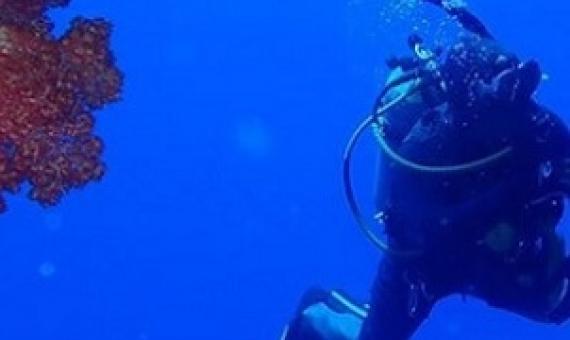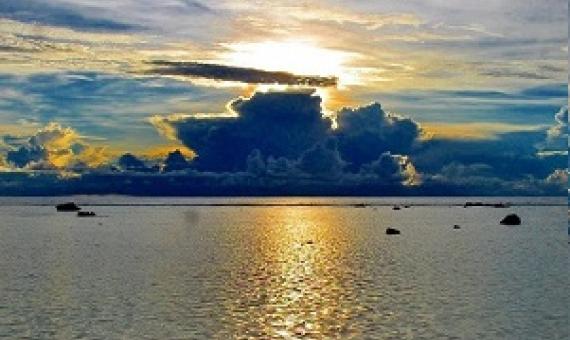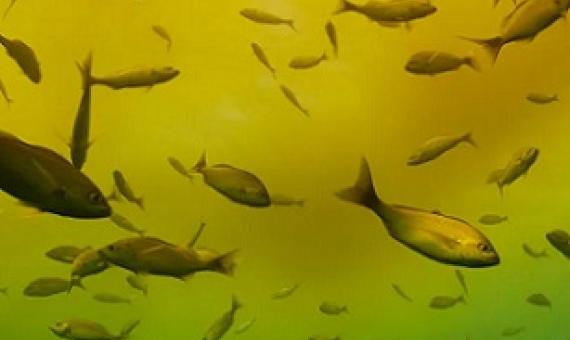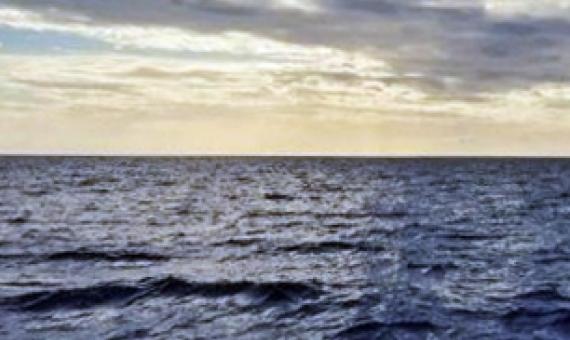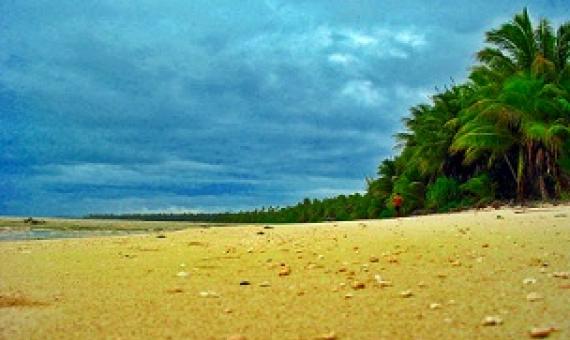Our Seas of Islands
In our region, two levels of operation are pertinent to the purposes
of this paper. The first is that of national governments and regional
and international diplomacy, in which the present and future
of Pacific island states and territories are planned and decided on.
Discussions here are the preserve of politicians, bureaucrats, statutory
body officials, diplomats and the military, and representatives
of the financial and business communities, often in conjunction with
donor and international lending organizations, and advised by academic

